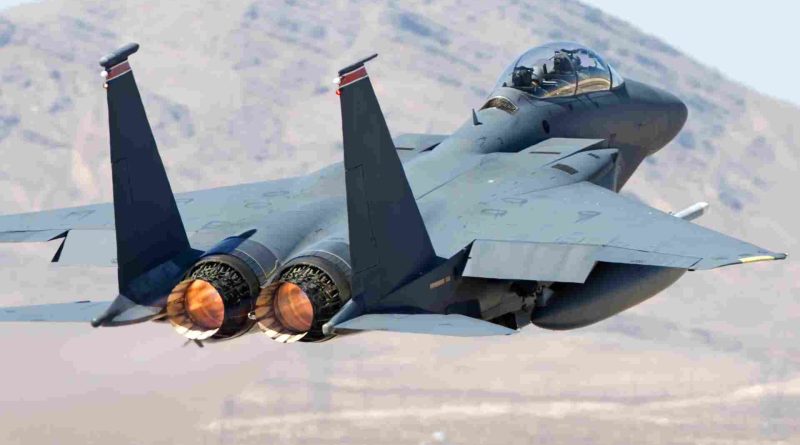Collaboration Soars: India and UK Forge Ahead in Fighter Jet, Engine, and Marine Projects
In a significant stride towards bolstering their defense capabilities, India and the UK have embarked on a journey of collaboration across multiple military spheres. Prime Minister Boris Johnson’s recent bilateral visit paved the way for discussions revolving around combat aircraft design, marine propulsion, and jet engine technology.
The talks on the defense front delved deep into intensifying cooperation, emphasizing joint research, co-design, and the production of cutting-edge defense systems. The UK has pledged to provide the Indian industry with the utmost access to advanced technology in the days to come.
A key highlight of the discussions was the commitment to enhancing security in the Indo-Pacific region. Both nations expressed keen interest in delving into new fighter jet technology, helicopters, and strategic cooperation in the undersea domain, as outlined in an official statement by the British High Commission.
The potential collaboration in marine electric propulsion technology emerged as a pivotal point of discussion. This futuristic technology not only promises to power next-generation warships but also aims to reduce India’s reliance on external sources for gas turbine engines, particularly those sourced from Ukraine.
Moreover, the UK has extended a hand for strategic collaboration in developing modern fighter aircraft, showcasing a keen interest in partnering with India on projects like the indigenous Advanced Medium Role Aircraft (AMCA). With British Aerospace (BAE) boasting a commendable track record in fighter jet development, the prospect of collaboration holds immense promise.
A significant milestone was marked with the agreement to share advanced core technology for jet engines, a crucial aspect that India has been actively seeking to reduce dependence on foreign suppliers. Discussions have been underway with notable entities such as a French engine manufacturer and UK’s Rolls Royce to develop high-powered engines tailored for the AMCA.
The joint statement underscored the importance of robust defense industrial collaboration, emphasizing the manufacturing of defense equipment, systems, and components under India’s Make-in-India initiative. The collaborative efforts are poised to encompass co-development, technology transfer, and the establishment of joint ventures to meet the evolving needs of the armed forces.
Furthermore, both sides have finalized a Letter of Arrangement between the UK’s Defence Science & Technology Laboratory and India’s Defence Research & Development Organisation, signaling a commitment to joint research, co-design, and the production of defense technology and systems. India has also welcomed the opportunity to participate in the UK’s aviation and naval shipbuilding programs, further strengthening the bonds of collaboration.

